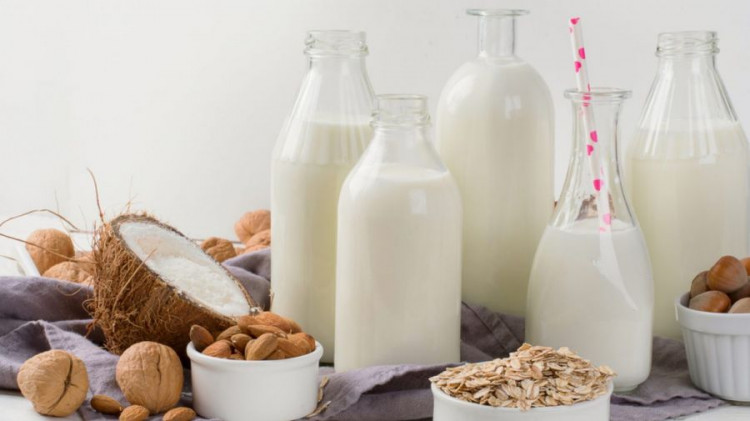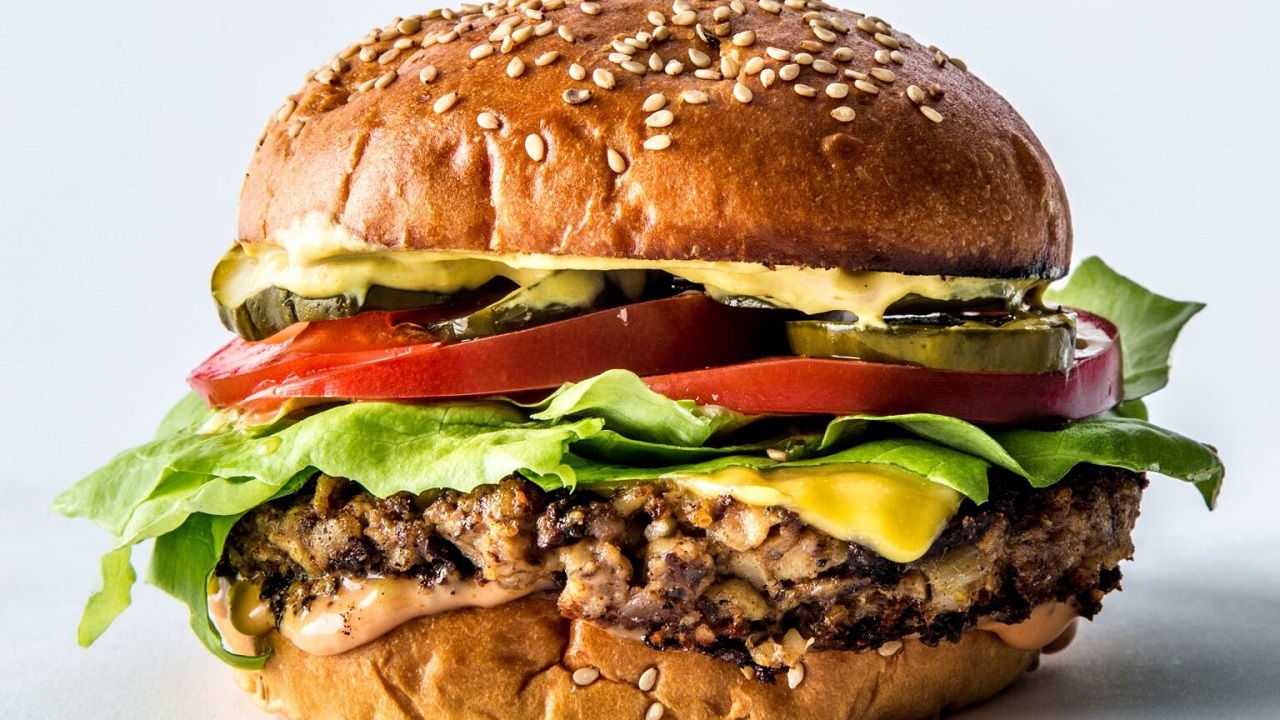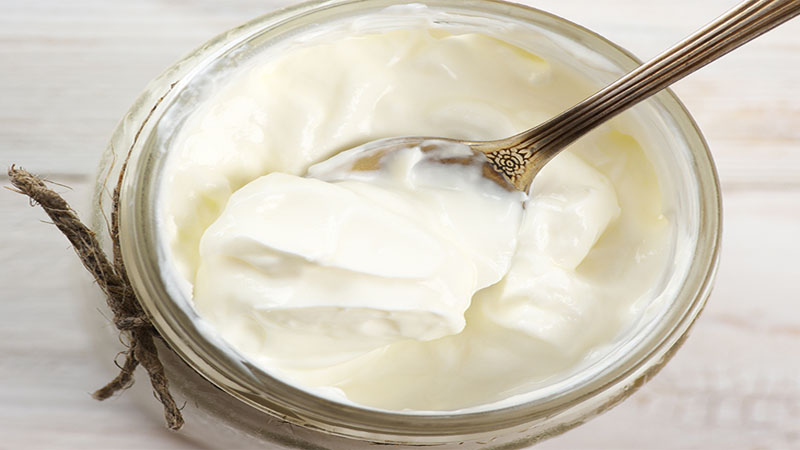Will Vegan Protein Cause Acne

When it comes to protein supplements, two available options are vegan protein and whey protein. Although both can provide a reliable source of protein, there are some differences between them.
Many believe that vegan protein offers many health benefits, and one of them is it does not lead to the development of Acne on the skin, unlike whey protein.
Having soft skin is a dream for everyone. As someone who has personally experienced the frustration of dealing with Acne and its impact on self-esteem, I discovered through research and personal experimentation that my diet, specifically the consumption of whey protein, was a contributing factor.
If you suffer from the same situation, this article tells you will vegan protein cause Acne or not.
Acne is a common skin condition when hair follicles become clogged with oil and dead skin cells under the skin. It is most prevalent among teenagers, particularly in the face part rather than the back, chest, and shoulders.
Multiple factors cause acne breakouts, including hormonal changes, stress, certain medications, and diet, which is the main topic of this article.
The symptoms of Acne vary from one person to another, and how severe it can be depends on your circumstances. When you see these signs on your skin, you can be sure that they are Acne:
– Blackheads are pores that are plugged and have a black top.
– Whiteheads are pores that are plugged and have a white top.
– Pimples (pustules) are bumps filled with pus.
– Papules are small, discolored bumps that can be red, purple, or darker than your natural skin tone.
– Nodules are large, painful lumps beneath the skin, the more severe type of Acne.
– Cysts are painful lumps filled with fluid (pus) beneath the skin.
It does not matter which acne type you have on your skin; it can significantly impact your self-esteem, especially if you are a sensitive person like me and do anything to get rid of them. But why do these show up on our skin?
Fluctuations in hormone levels, such as during puberty, menstrual cycles, or hormonal imbalances along with surface bacteria on the skin, can lead to the release of glands substances, appearing as Acne on the skin.
Genetic factors and family history have an important role in your skin type. While both your parents’ skin is susceptible to developing Acne on their skin, you will have the same condition due to your genes.
According to studies, these foods are listed in the group of acne causes:
Foods high in sugar
Skim milk
Whey protein
Can you not help yourself with removing chocolate from your diet? Feel free; it does not directly contribute to the development of Acne.
Unlike the genetic factors that are not in your hand, this one is up to you, and you can make a list of notorious foods that meet your body requirements and leave you with the best skin condition.
If you want to know more about it, you should be patient and follow me in the rest of the article. But to give you some tips, eating fresh fruits and vegetables is highly recommended, and this is because they are high in vitamin C and beta-carotene, helping your skin to lessen the inflammation rate.
Other factors
The development of Acne is not all about our body, so don’t blame yourself.
Some environmental factors can impact our skin condition. You may ask what these are and how they can affect our skin.
But there are lots of things that can make our skin condition worse, like:
Air pollution
Weather conditions are high in humid
Stress affects the cortisol hormone
Wearing tight clothes
A side effect of some medication
Using heavy lotions or creams
Some people add protein powder to their milkshakes to provide their bodies with supplement protein.
Those who add whey protein regularly to their meal may have seen Acne on their skin, which makes them bothered.
Milk has casein and whey proteins, like the protein powder protein.
But whey is responsible for making a hormone called insulin-like growth factor 1, or IGF-1, among these two proteins.
Insulin has a positive effect the sebum production and leads to its rise. As a result, Acne will appear on the skin.
If you suffer from the same issue and want protein supplements to eliminate Acne, you can use alternative options such as plant-based or vegan powders.
The best thing about vegan proteins that can convince anybody why we need to use them is vegan proteins do not lead to the development of Acne, unlike whey protein powder.
Our body can break down vegan protein easier than whey protein.
And also another reason is vegan or plant-based proteins do not include heavy metals.
Another cool thing about vegan protein powder is its various types available in the market. Depending on your desire, you can choose the one that is high in protein.
The common vegan ingredients high in plant protein are grains, Seeds, and legumes.
How To Make Hemp Milk At Home

47 vegan events Worldwide in 2023. Don’t miss out!

How To Make Vegan Burger With Black Peas

Here are some tips and tricks to make your burger experience even more amazing:
- Soak the black peas overnight for a better burger texture.
- After soaking, make sure to change the water and cook the peas.
- Squeeze out all the juice from the potato and onion to keep the burger ingredients from getting loose.
- Don’t forget to add chia seed powder for that perfect burger adhesion.
- If you have smoked spice, feel free to use more for an extra enticing flavor. But don’t worry if you don’t have it—it’ll still be delicious!
- Whether you prefer fresh garlic or garlic powder, both will add a wonderful taste to your burger.
- After mixing all the ingredients, pop them in the fridge for half an hour to achieve a more cohesive texture.
- Use just a little oil when frying the burgers for a light and crispy result.
- Remember to cook the burgers on low heat for the perfect doneness.
- Activated charcoal powder is made from coconut skin and is used to color hamburgers.
Does plant-based yogurt contain just as many probiotics
